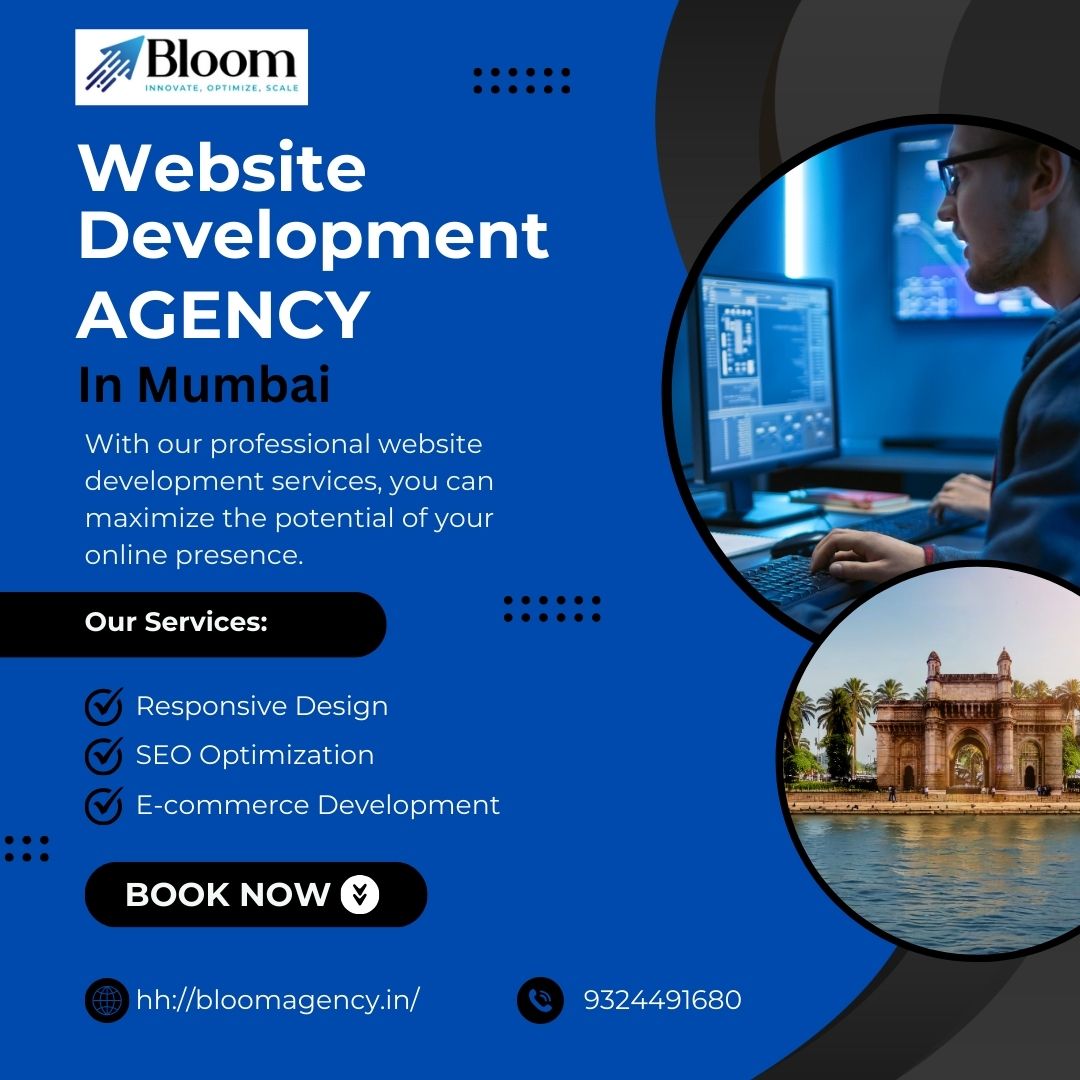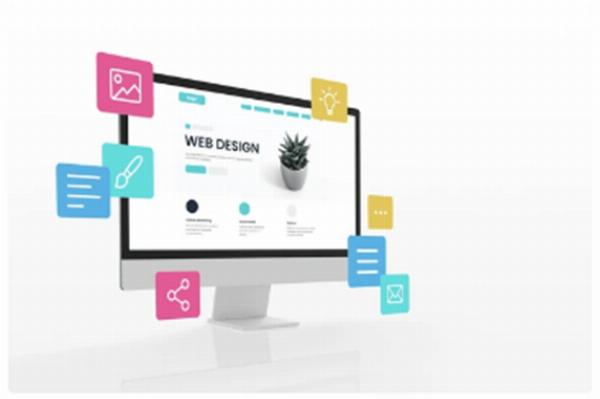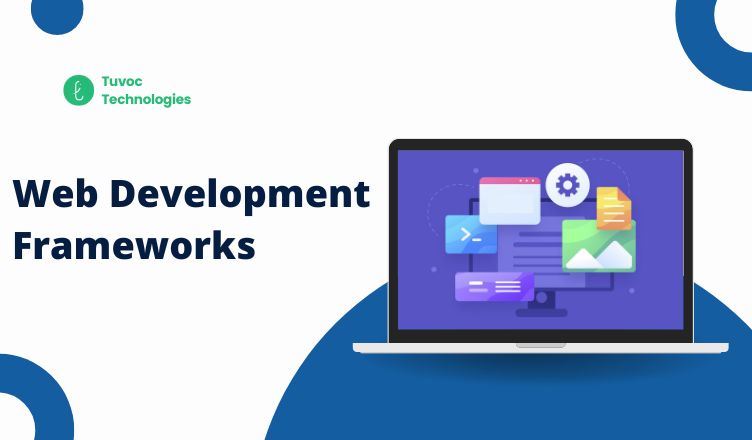Choosing the Right Web Design Agency: What You Need to Know

Strong 8k brings an ultra-HD IPTV experience to your living room and your pocket.
Choosing the Right Web Design Agency: What You Need to Know
In today's digital-first world, your website is often the first impression your business makes. Whether you're a startup, an established company, or a personal brand, a compelling website is critical for establishing credibility, attracting customers, and driving conversions. However, designing a high-quality website requires more than just creativity — it demands expertise in user experience (UX), responsive design, search engine optimization (SEO), and performance optimization. That’s where hiring a professional web design agency becomes crucial.
But with thousands of web design agencies offering similar services, how do you choose the right one? This comprehensive guide will walk you through everything you need to know before hiring a web design agency, from identifying your goals to evaluating proposals and long-term partnerships.
Why Hire a Web Design Agency?
Hiring a web design agency brings significant benefits compared to DIY solutions or freelancers:
1. Expertise and Specialization
Web design agencies consist of professionals skilled in UX/UI design, development, SEO, branding, and digital strategy. This cross-functional approach ensures your website is not only visually appealing but also functional and optimized for performance.
2. Time Efficiency
A full-service agency streamlines the process from initial planning to launch, helping you go live faster without sacrificing quality.
3. Custom Design
Unlike template-based solutions, agencies can create bespoke designs tailored to your brand identity, industry, and audience behavior.
4. Ongoing Support
Most reputable agencies offer ongoing maintenance, support, and updates to keep your website secure and aligned with evolving trends.
Step 1: Define Your Website Goals
Before contacting agencies, you need a clear understanding of what you want your website to achieve. Some common goals include:
Increasing brand awareness
Generating leads or sales
Providing customer support
Showcasing a portfolio
Offering e-commerce capabilities
Promoting events or services
Your goals will guide the design, structure, and functionality of your website — and help the agency provide the best solutions.
Step 2: Decide on Features and Scope
Think about the features you want your website to include. This might involve:
Responsive design for mobile users
Content management system (CMS)
E-commerce functionality
Blog or news section
Booking or contact forms
Social media integration
Multi-language support
Accessibility features (ADA compliance)
Clearly defining your scope helps in getting accurate quotes and avoiding scope creep later on.
Step 3: Research Potential Agencies
When looking for a web design agency, consider the following:
1. Portfolio
A good agency will have a diverse, professional portfolio that shows their style, creativity, and industry experience. Look for examples similar to what you're seeking.
2. Client Testimonials and Reviews
Check online reviews on platforms like Google, Clutch, or Trustpilot. Don’t just focus on the stars — read the comments to understand how the agency handles challenges.
3. Industry Experience
While not always necessary, experience in your industry can be beneficial. Agencies familiar with your market understand your audience and competition better.
4. Cultural Fit
Communication style, work process, and company culture are often overlooked but essential for a successful collaboration.
Step 4: Ask the Right Questions
When reaching out to agencies, ask questions that reveal more than just surface-level information:
What is your design and development process?
How do you approach UX and usability?
Do you offer SEO and content services?
What CMS do you recommend and why?
Will my website be mobile-friendly and responsive?
Can I see results from past clients (e.g., performance metrics)?
What’s your timeline for a project of this size?
How do you handle revisions and feedback?
Do you offer training or documentation for using the CMS?
What are your post-launch support and maintenance options?
Step 5: Evaluate Proposals and Pricing
After speaking with several agencies, you’ll receive proposals that outline their process, timeline, deliverables, and pricing. Be cautious of unusually low bids — they may reflect a lack of experience, poor support, or hidden costs.
What a Good Proposal Should Include:
Project overview
Scope of work
Timeline and milestones
Team involved
Deliverables
Technology stack
Cost breakdown (design, development, support)
Payment schedule
Terms and conditions
Step 6: Understand the Contract
Before signing, make sure the contract clearly outlines:
Intellectual property rights (you should own the website and content)
Payment terms
Timeline and scope
Responsibilities of both parties
Maintenance and support terms
Termination clauses
Web Design Trends to Consider in 2025
Web design is constantly evolving. Hiring an agency up-to-date with current trends ensures your website stays modern and competitive. Here are some key trends in 2025:
1. AI-Powered Personalization
Smart websites use AI to tailor content and design elements based on user behavior, location, and preferences.
2. Microinteractions
Subtle animations and responses to user actions make the website more engaging.
3. Dark Mode and High Contrast
Many users prefer dark themes for better readability and battery life, and designers are accommodating that preference.
4. Minimalist and Clean Aesthetics
Simple layouts with focused content help improve performance and reduce bounce rates.
5. Voice and Accessibility Optimization
As voice search grows, and accessibility becomes a legal requirement, inclusive design is more important than ever.
Common Mistakes to Avoid
1. Choosing Based on Price Alone
You get what you pay for. Cheap designs often lack scalability, SEO, and performance optimization.
2. Lack of Strategy
A beautiful design is useless without a clear content and conversion strategy.
3. Ignoring SEO
Even the best-designed website won't perform if it's not discoverable on search engines.
4. Neglecting Mobile Users
More than 60% of traffic comes from mobile devices — responsive design is non-negotiable.
5. Not Planning for Growth
Ensure your website can scale with your business — from additional features to traffic surges.
Building a Long-Term Relationship
Think of your web design agency as a partner rather than a vendor. A good agency offers more than just a launch — they provide insights, analytics, continuous improvement, and support as your business evolves.
Ask if they offer:
Performance monitoring
Content updates
Hosting and security
Ongoing SEO
Design refreshes
Conclusion
Choosing the right web design agency can make or break your digital presence. It's a decision that requires thoughtful planning, clear communication, and alignment of vision. Take the time to define your goals, do your research, and ask the right questions. A great agency will not only deliver a beautiful website but will also become a valuable partner in your business’s digital journey.
Whether you're rebranding, launching a new product, or building your first website, the investment in a professional agency pays off in increased traffic, better user engagement, and stronger brand credibility.
Note: IndiBlogHub features both user-submitted and editorial content. We do not verify third-party contributions. Read our Disclaimer and Privacy Policyfor details.







